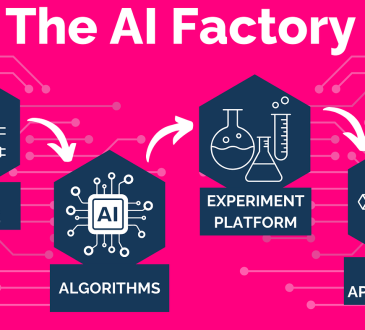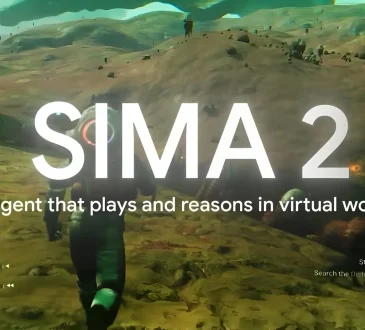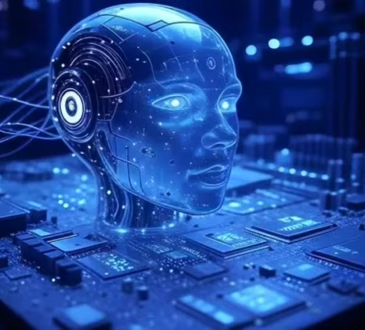Mysore Hosts Academic Workshop on AI and Neuro-Chemical Research

Mysore, India — The historic city of Mysore, long celebrated for its academic and cultural heritage, recently became a hub for cutting-edge science. The University of Mysore hosted a landmark academic workshop that brought together leading scientists, artificial intelligence (AI) experts, and neuro-chemistry researchers from India and abroad. The focus: exploring how AI can transform our understanding of the brain’s complex chemical networks.
Organized by the Department of Neuro-Science in collaboration with the Center for Artificial Intelligence Studies, the three-day event showcased emerging opportunities and challenges in integrating AI-driven methods with neuro-chemical research. Participants included academicians, postdoctoral researchers, graduate students, and industry professionals eager to push the boundaries of computational neuroscience.
A Convergence of Minds and Methods
Dr. Ananya Rao, Chair of the Organizing Committee, opened the workshop emphasizing the importance of bridging technology and neuroscience.
“Our understanding of neuro-chemistry has grown immensely, but the brain’s complexity still surprises us,” she said.
“By integrating AI, we can analyze massive datasets, uncover subtle patterns, and even predict outcomes once thought impossible.”
The workshop featured a balanced schedule:
- Morning lectures: Theoretical foundations of neural signaling and neurotransmitter dynamics.
- Afternoon sessions: Hands-on AI applications, including machine learning models for predicting neurochemical interactions, neural network simulations, and automated analysis of brain imaging data.
Artificial Intelligence: A New Lens on the Brain
A key theme was AI’s role in decoding the brain’s intricate chemical processes. Dr. Ravi Chandrasekhar, a computational neuroscientist from the Indian Institute of Science, delivered a keynote on AI-driven modeling of neurotransmitter pathways.
“The brain operates with billions of chemical reactions simultaneously,” he explained.
“Traditional lab methods are slow and limited. AI allows us to process complex data and simulate neurochemical processes, speeding up research and opening doors to groundbreaking discoveries.”
Highlights included AI models predicting chemical imbalances linked to neurodegenerative diseases such as Parkinson’s and Alzheimer’s. By analyzing vast datasets of neurochemical interactions, researchers can anticipate disease progression and suggest targeted interventions with remarkable precision.
Hands-On Learning and Collaboration
Beyond lectures, the workshop emphasized experiential learning:
- Participants trained AI models on real neurochemical datasets.
- Small group exercises encouraged collaboration between AI specialists and neuro-chemists.
- Cross-disciplinary discussions fostered knowledge exchange and innovative thinking.
Priya Menon, a PhD candidate in neurochemistry, shared her experience:
“Working directly with AI models that simulate neurotransmitter activity was eye-opening. Seeing them in action showed me how technology can accelerate neuroscience research.”
Ethical Considerations and Future Directions
The workshop also tackled the ethical implications of AI in neuro-chemical research. Dr. Suresh Iyer, a bioethics expert, highlighted concerns including:
- Data privacy
- Algorithmic bias
- Potential misuse of predictive models
“As we use AI to understand and manipulate neural chemistry, we must prioritize transparency, accountability, and responsible data handling,” Dr. Iyer said.
Participants agreed that technology should complement human expertise, not replace ethical judgment or scientific rigor.
Industry Engagement and Applied Research
Industry representatives demonstrated real-world applications of AI in neuro-chemical research:
- Accelerating drug discovery
- Predicting drug efficacy
- Designing personalized treatment plans based on individual neurochemical profiles
The workshop also featured panel discussions on:
- Funding strategies
- Interdisciplinary research collaborations
- Public-private partnerships for AI-assisted neuroscience
These discussions highlighted the growing collaboration between academia and industry and the potential to shorten the time from lab discovery to clinical application.
Networking and Knowledge Sharing
A major highlight was the workshop’s role as a networking platform:
- Participants from universities, research institutes, and corporate labs engaged in discussions and idea exchanges.
- Informal breakout sessions encouraged collaboration and potential joint projects.
Dr. Kavitha Ramesh, a senior neuroscientist, remarked:
“Science progresses fastest when ideas flow freely across disciplines. This workshop created a rare space for AI experts and neuro-chemists to learn from each other and co-create solutions.”
Looking Ahead: The Future of AI in Neuro-Chemistry
As the workshop concluded, participants were optimistic about the possibilities AI presents in neuroscience. From predictive modeling of neurological disorders to precision medicine and drug discovery, AI promises to transform how scientists study the brain at a molecular and chemical level.
Dr. Ananya Rao concluded:
“We are at the threshold of a new era in neuroscience. By combining AI’s computational power with neurochemical research, we can unlock mysteries of the human brain. Workshops like this inspire the next generation to push scientific boundaries.”
Conclusion
The Mysore workshop marked a significant milestone in India’s scientific landscape. It highlighted the potential of interdisciplinary research to advance AI-assisted neuro-chemical studies. As attendees return to their institutions and labs, the knowledge and collaborations gained are likely to spark innovative research projects, collaborations, and breakthroughs.
By merging rigorous scientific inquiry with advanced computational tools, the workshop exemplified the transformative potential of AI in neuroscience—offering a future where the brain’s mysteries may finally be decoded with clarity, speed, and ethical responsibility.




